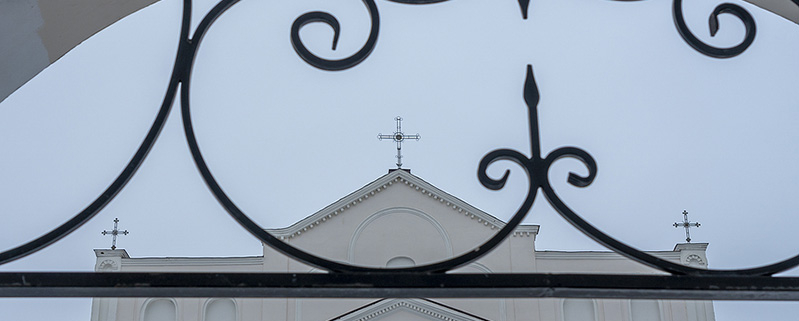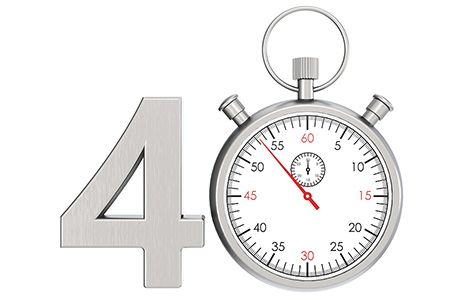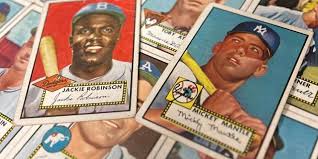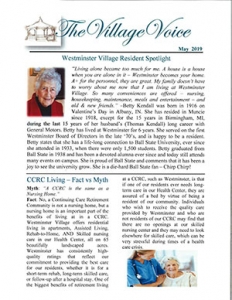Chaplain’s Corner: CLXI
“This Our Hymn of Grateful Praise”
Author Kurt Vonnegut in a presentation at the University of Wisconsin several years ago told the audience about his late uncle Alex. “He was my father’s kid brother, who was an honest insurance salesman in Indianapolis. He was well dressed and wise. And his principal complaint about other human beings was that they seldom noticed when they were happy. “So when we were drinking lemonade under an apple tree in the summer, uncle Alex would suddenly interrupt the agreeable blather to exclaim, “If this isn’t nice, I don’t know what is.”
“Please notice when you are happy,” he told the Wisconsin students, “and exclaim or murmur or think at some point, “If this isn’t nice, I don’t know what is.” And then he asked the students if they ever had a teacher who made them happy to be alive, prouder to be alive, than they previously believed possible. Nearly every student raised a hand.
How very much there is for which to be grateful! How very much goodness and grace and happiness is given to us and how easy to hurry through the day of our lives, busy, preoccupied, overscheduled, overburdened, and so to miss it. And so Thanksgiving has always been my favorite. No gifts to buy, no parties, no holiday rush, no busy social schedule, a few cards maybe, a meal with loved ones, dear friends, and a simple reminder of how blessed we are to be alive.
Gratitude is the heart of our faith. “Now Thank We All Our God,” maybe is the best, all-purpose hymn, good for every occasion. Gratitude is the heart of the matter, and is expressed profoundly in the Psalms. Psalm 65 is a hymn of praise and thanksgiving to the creator. God is celebrated for being God. God forgives, creates. Saves, does awesome deeds, provides rain that stimulates the earth’s productivity. God’s goodness and generosity is for everyone. It is a gorgeous picture of abundance, richness, fertility, and it is at the very heart of our faith.
When I come to Thanksgiving, I am drawn to the poets like Edna St. Vincent Millay whose poem “God’s World” has always been a favorite:
O world, I cannot hold thee
Close enough!
Thy winds,
thy wide grey skies!
Thy mists that roll and rise!
Thy woods, this autumn day,
…I do fear
Thou’st made the world too
Beautiful this year.
Creation is God’s gift. God is Creator. You can see God in creation. And the Bible teaches—and Christians believe-creation is abundant, sufficient for our needs. There is enough for everyone. Unfortunately, we don’t trust the abundance. Instead we operate on the basis of scarcity. There isn’t enough so we have to make ourselves secure by getting more. We have so much we don’t even notice.
The world is filled with abundance. There is enough for all. The whole creation is full of the glory and goodness and generosity and love of God. I began by the story of Kurt Vonnegut’s uncle Alex, and with the students naming a teacher who made them feel alive. “If that isn’t nice, I don’t know what is,” uncle Alex said.
So as we come close to Thanksgiving Day, I challenge each of you my readers to write down one thing for which you are grateful.
Growing up in the church, we sang lots of hymns. One of my favorites begins: “For the beauty of the earth, For the glory of the skies, For the love which from our birth, Over and around us lies.”
If that isn’t nice, I don’t know what is.
Faithfully, Ron Naylor, Chaplain











